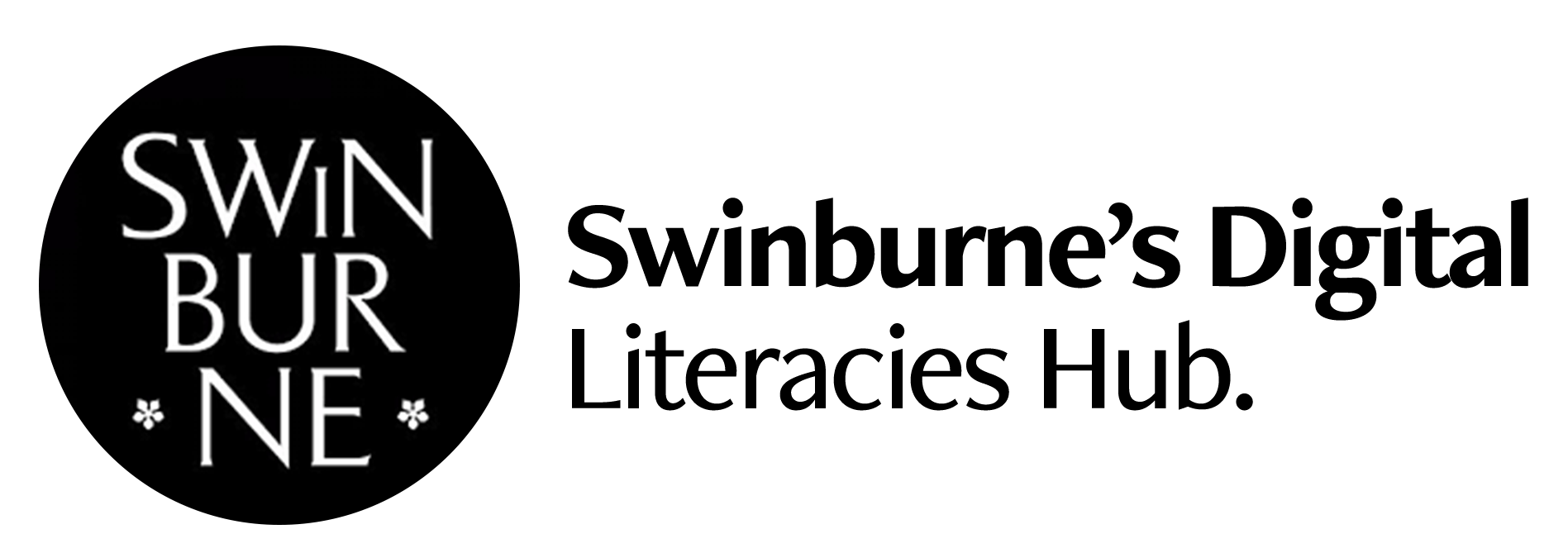Management and Marketing
A digital story of a marketing campaign
Department of Management and Marketing
This project utlises Adobe Spark to create digital storytelling as a reflective assessment. This assessment is built on technology literacy, critical literacy, information literacy, effort, progress, and competencies gained through Marketing Strategy and Planning subject which is an outcome subject of the Marketing undergraduate program. The assessment requires collating text, audio & video recordings, visuals and sounds to create digital stories to reflect overall learning experience of the subject and demonstrate communication skills and digital literacies through evaluations of marketing campaign of a chosen firm.
Resources
These resources can be downloaded here and include:
1. Project Instructions - Student Resource
2. Project Instructions - Teacher Resource
3. Project Rubric
A tool kit: digital story as an assignment [Spark Post]
A report on a systematic analysis of Good, bad, and ugly Adobe Spark (page) examples [PDF]
Swinburne Transforming Learning conference, 2021 (TBC): digital storytelling as an assignment [Spark Page]
Findings
I always enjoy a good story, who wouldn't? Overcoming the monster, rags to riches, the quest, voyage and return, comedy, tragedy and rebirth, you name it, I am here to listen. Stories touch the deepest levels of our hearts, activating rational thinking at the same time and, inspiring us to ponder the next course of actions. Because of this very reason, I use storytelling as an assessment technique to inspire students, enabling them to see a place where imagination meets rationality.
“Narrative imagining — story — is the fundamental instrument of thought. Rational capacities depend upon it. It is our chief means of looking into the future, or predicting, of planning, and of explaining.”
-Mark Turner, cognitive scientist, linguist, and author.
Storytelling requires a great deal of creativity and an ability to explore the possibilities. This sits well with MKT30016 - Marketing Strategy and Planning unit which aims at developing a student's analytical and creative skills when applying strategic decision-making frameworks to resolve business issues. This also sits well when our students seem to be increasingly preoccupied with keeping personal and social digital records (Hopkins et al. 2014). Based on this background, I provided the students with an opportunity to utilise digital storytelling techniques to review and evaluate a marketing campaign of a firm of their choice.
Towards the end of the semester, I found an extra element among the student submissions that I did not expected at the designing stage of the assignment, a collection of meaningful marketing projects in the eyes of the students. Moving away from the conventional styles of assessment (e.g., report writing, case study), the students were encouraged to choose a campaign that they wish to review, assess and tell a story about.
This innovative approach is built on several milestones of my career as a lecturer in M&M Department, SoBLE. I was awarded a graduate certificate in Learning and Teaching (Higher Education) and Swinburne, FBE Learning and Teaching Innovation Grant in 2011 (co-authored) for a project entitled ‘Engaging the net-generation’. This was followed by recording a video, featuring the Web 2.0-enabled assessment strategies by LTU and a few other publications. Adobe Spark (page) showed me several other areas that I can extend the this innovative assessment strategy. Utilizing the three pillars (technology, information and critical literacy) of the university's approach to transforming teaching and learning I can effectively use the strategy to integrate the sustainable development goals into curricula. In 2018, Swinburne became a signatory to the United Nations SDGs, established PRME Co-op, and becoming carbon neutral by 2025. It is my professional responsibility to establish the nexus of sustainability-curriculum, addressing the dilemma of sustainably and business education. Given the nature of marketing campaigns chosen by the students in S1 2021, I am certain that the students' voice of wanting to engage in meaningful assignments is clear. This will be the focus in S2 2021.
See the full story on Spark.
